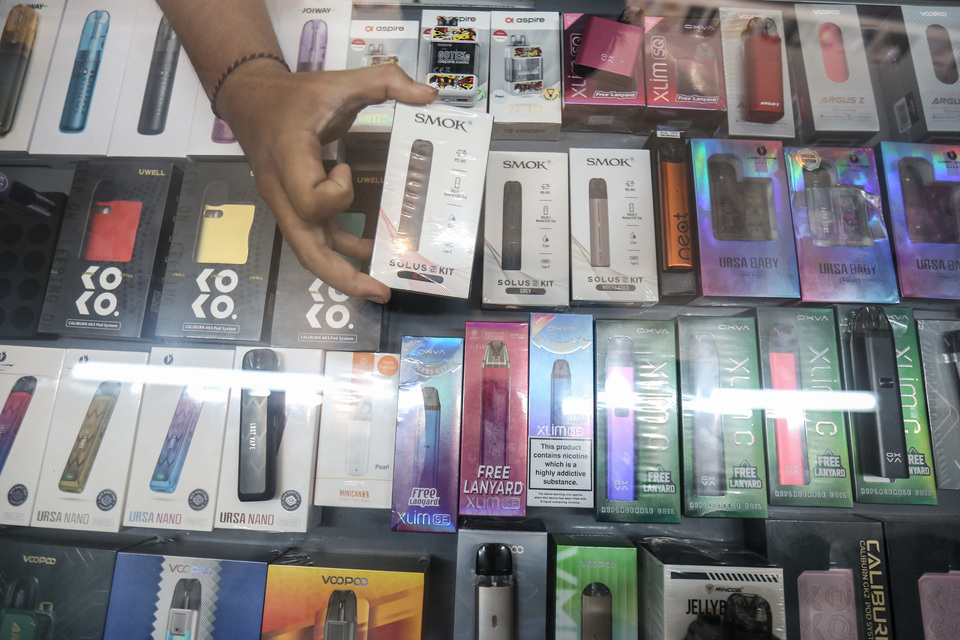
For several months now, various health and anti-vaping groups have been pressuring the FDA to reject any PMTA applications from Juul. In fact, earlier this year, several groups jointly wrote to the FDA urging it to take action on Juul's PMTA and reject any applications for flavored e-cigarette products.
Last month, the FDA issued a marketing denial order (MDO) to Juul, which applies to all their products currently sold in the United States, and will force the manufacturer to completely exit the US market. "We recognize that many products have played a role in the surge of youth e-cigarette use," said FDA Commissioner Robert M. Califf.
However, in response, Juul immediately filed an emergency motion to the federal appeals court, requesting the court take a stand against the FDA's "unconventional and unlawful actions." A panel of three judges from the United States Court of Appeals for the District of Columbia Circuit ruled in favor of Juul, allowing the product to remain on the market temporarily.
The FDA has responded by temporarily suspending its decision in order to conduct further review. "The FDA is reviewing its marketing denial order to JUUL because, through reviewing briefs filed in litigation, the agency determined that unique scientific issues exist that require additional review," a spokesperson for the FDA told Filter. He added that "the cessation does not change the fact that Juul's product does not have marketing authorization and [the company] cannot legally market, ship or sell their product.
Meanwhile, retailers of electronic cigarettes report that customers have started to shift towards alternative brands. Will Montgomery, a sales representative for Aj's Liquor, emphasized that even if the ban on Juul is implemented, sales of electronic cigarettes will not be affected as consumers will simply switch to different brands. "People still need nicotine," he said.
The ban has prompted consumers to turn to other products or sources.
Ted Egan, chief economist of San Francisco, confirmed that the infamous flavor ban in 2020 only led to increased smoking rates. This supported the argument that the ban could have negative economic impacts.
In a revealing interview published in the San Francisco Chronicle on May 15, Igna explained that the ban would not have an impact on the city's economy, as the money spent on e-cigarette products would still be spent on other nicotine products in the city, such as traditional cigarettes. He went on to explain that consumers would switch products based on availability.
This article is compiled from third-party information for the purpose of industry discussion and learning.
This article does not represent the views of 2FIRSTS and 2FIRSTS is unable to confirm the authenticity and accuracy of the content. The translation of this article is only meant for industry professionals to exchange and study.
Due to limitations in our compilation abilities, the translated article may not fully convey the original message. Please refer to the original article for accuracy.
In regards to any domestic, Hong Kong, Macau, Taiwan, or foreign related statements and positions, 2FIRSTS remains fully aligned with the Chinese government.
The copyright of the compiled information belongs to the original media and author. If there is any infringement, please contact us for deletion.
This document has been generated through artificial intelligence translation and is provided solely for the purposes of industry discourse and learning. Please note that the intellectual property rights of the content belong to the original media source or author. Owing to certain limitations in the translation process, there may be discrepancies between the translated text and the original content. We recommend referring to the original source for complete accuracy. In case of any inaccuracies, we invite you to reach out to us with corrections. If you believe any content has infringed upon your rights, please contact us immediately for its removal.







